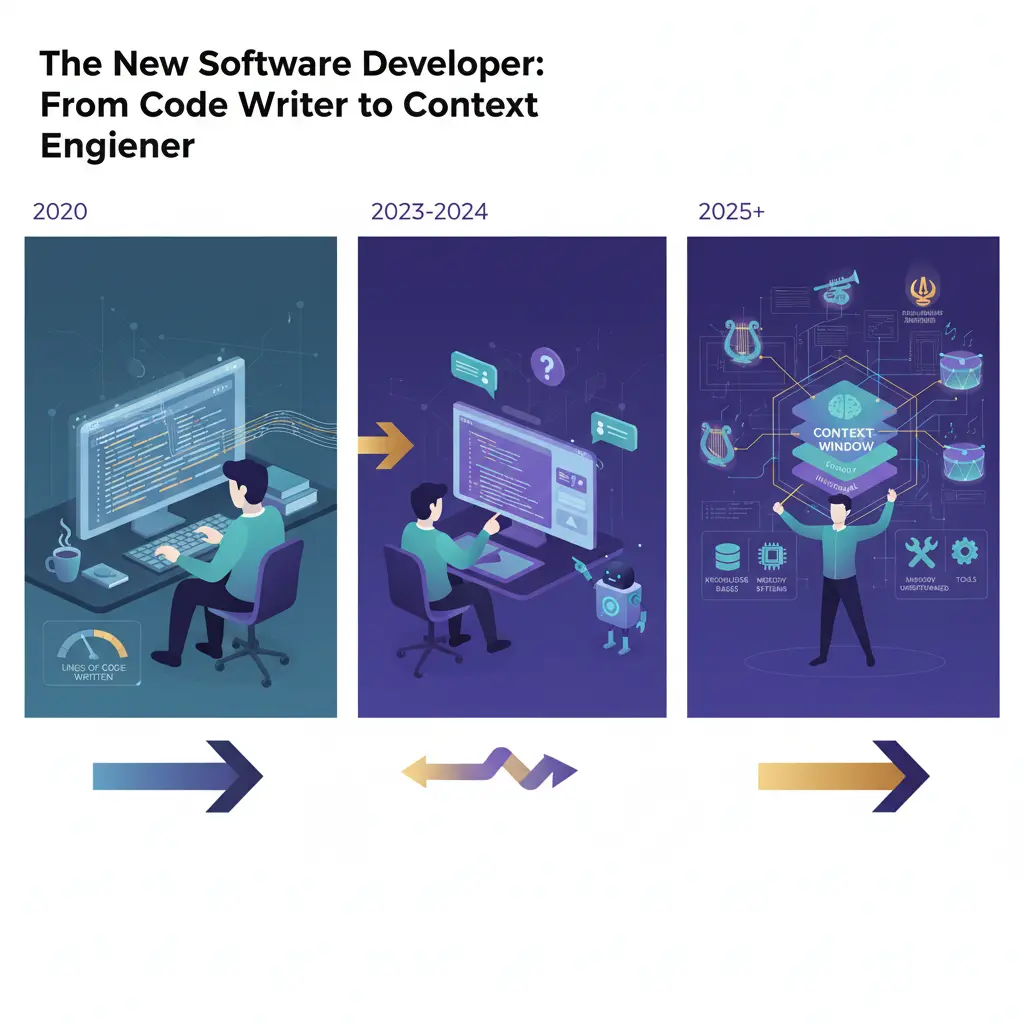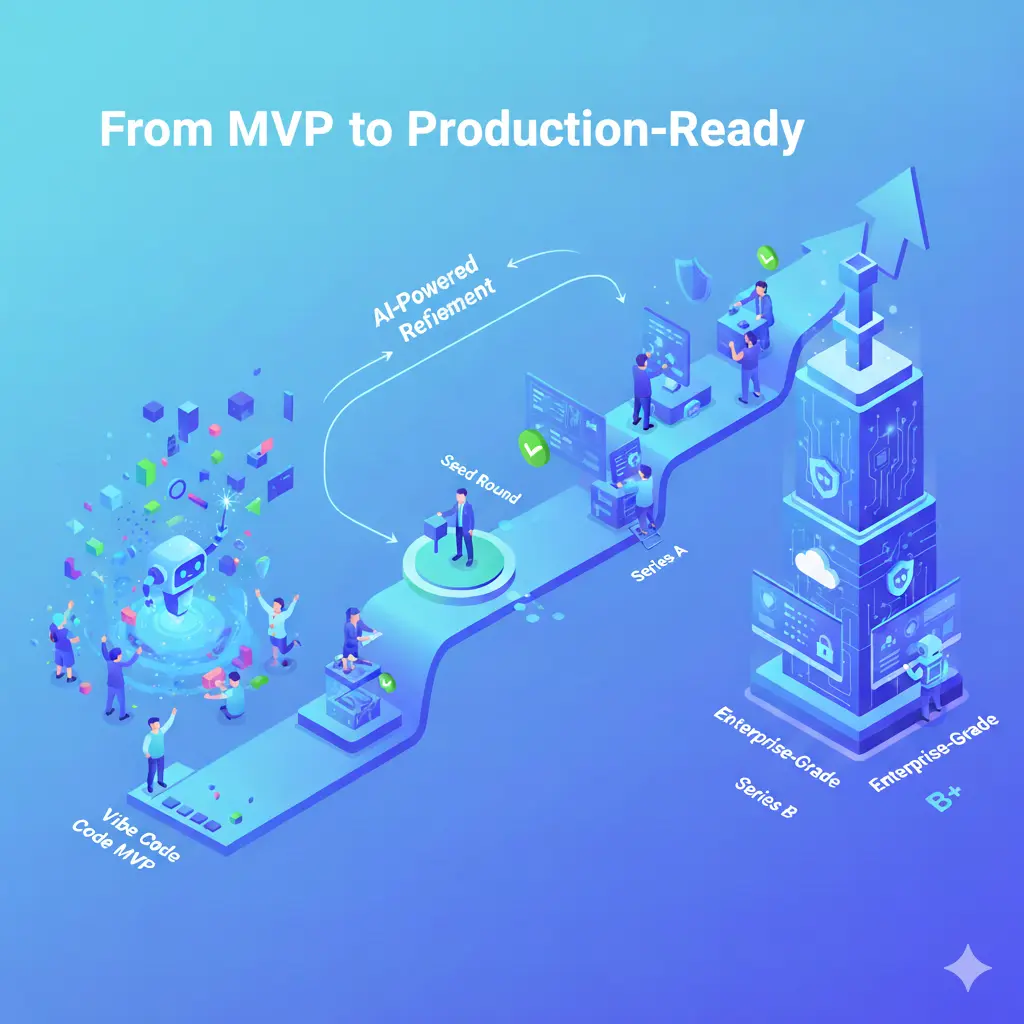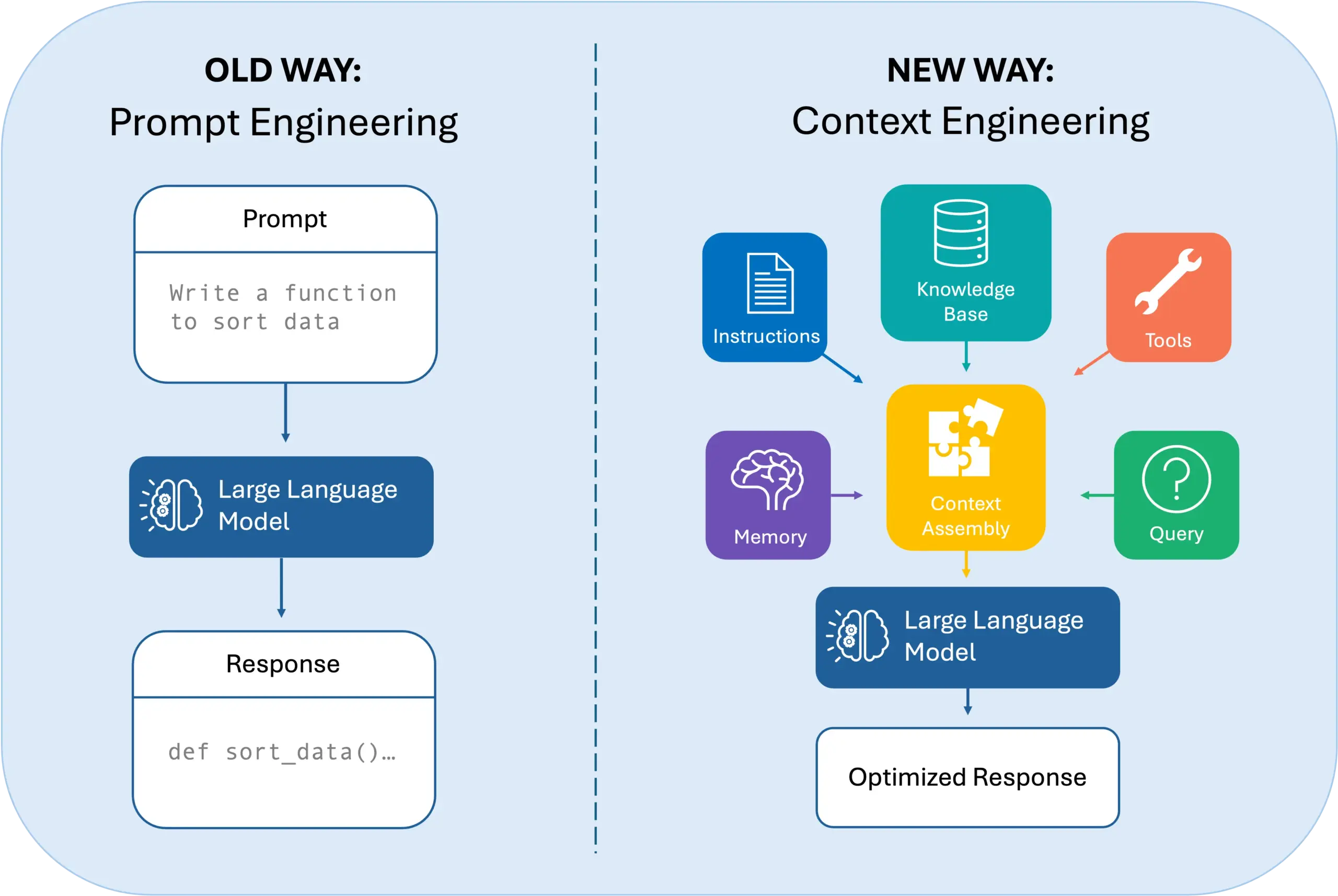Soft skills are revolutionizing the work environment in the post-covid era. Although technical skills and work experience still prevail in many selection processes, looking for profiles that integrate flexibility, resiliency, and adaptation to more volatile employment and economic context is increasingly common.
Why have soft skills grown so fast?
Soft skills have not appeared abruptly, nor have they grown at full speed, but rather have received a gradual relevance in the work environment. However, the pandemic accelerated its implementation in the business core. As a result, we can train and improve these skills, which can be defined as “behavioral skills” and usually include positive effects on interpersonal, situational, and emotional relationships and have proven to be very useful in the company.
What are the main soft skills?
Before 2020, a study by McKinsey showed that the demand for technological skills would increase by up to 55% by the year 2030. But the increase in technical skills will not come alone. Social and emotional skills and higher cognitive skills (creativity and complex information processing) will grow by 24% and 8%, respectively. This skill growth will come in detriment of basic cognitive skills and manual skills.
The skill growth data must be read and related to the rapid changes in a more uncertain and changing market than it was a couple of years ago.
Whit this in mind, let’s take a look at those soft skills recruiters are looking for:
Emotional intelligence
Emotional intelligence is the ability to understand and manage our own emotions and directly relates to our resilience, stress management, or work through values. For example, the largest companies in the world started investing in emotional intelligence programs shortly before the arrival of Covid-19. Generally, the most flexible and resilient workforces have overcome this pandemic challenge with better grades than the rest.
Remote work
If emotional intelligence is key to understanding soft skills, remote work is essential to understanding the new work paradigm. Today, organizations are connected. Teams work in multicultural environments and often hundreds or thousands of miles apart. Learning to cooperate and work remotely is also synonymous with digitization, languages, empathy, and assertiveness in the team.
Communication skills
Many communication skills allow us to dialogue in search of greater work efficiency, from mastery of linguistic processes to active listening, verbal and non-verbal language, reading, writing, empathy, and assertiveness. Likely, empathy is one of the most valued skills, allowing the professional to understand and connect with the needs of others and put themselves in the other person’s shoes.
Agility and adaptability
As a soft skill, the adaptability of a professional directly affects their relationship with the rest of the team, the performance of their duties, and the work environment. A very rigid person will have had serious problems adapting to a work routine during Covid-19. In contrast, a more adaptive professional will have a greater tolerance for uncertainty, will be open to new ideas, and will be able to change direction in a project without much trouble.
Teamwork
If there is a good interdependency within the team members, aligning their efforts towards achieving a common goal, saving time, and improving the results, we say we have good teamwork. However, teamwork today faces new challenges as we move away from the office and into a remote or hybrid workforce, increasing the difficulty of collaboration and communication through digital spaces.
Of course, the list of soft skills is much longer and will often depend on the sector or the specific needs of each company. But now, more than ever, knowledge alone may not hand you a work position. In Mahisoft, we have a team highly trained in soft skills, as we can see in our organizational core, with Responsible Freedom as a sign of how a team can be integrated. We are now recruiting. If you are interested, go to blog.mahisoft.com/careers




